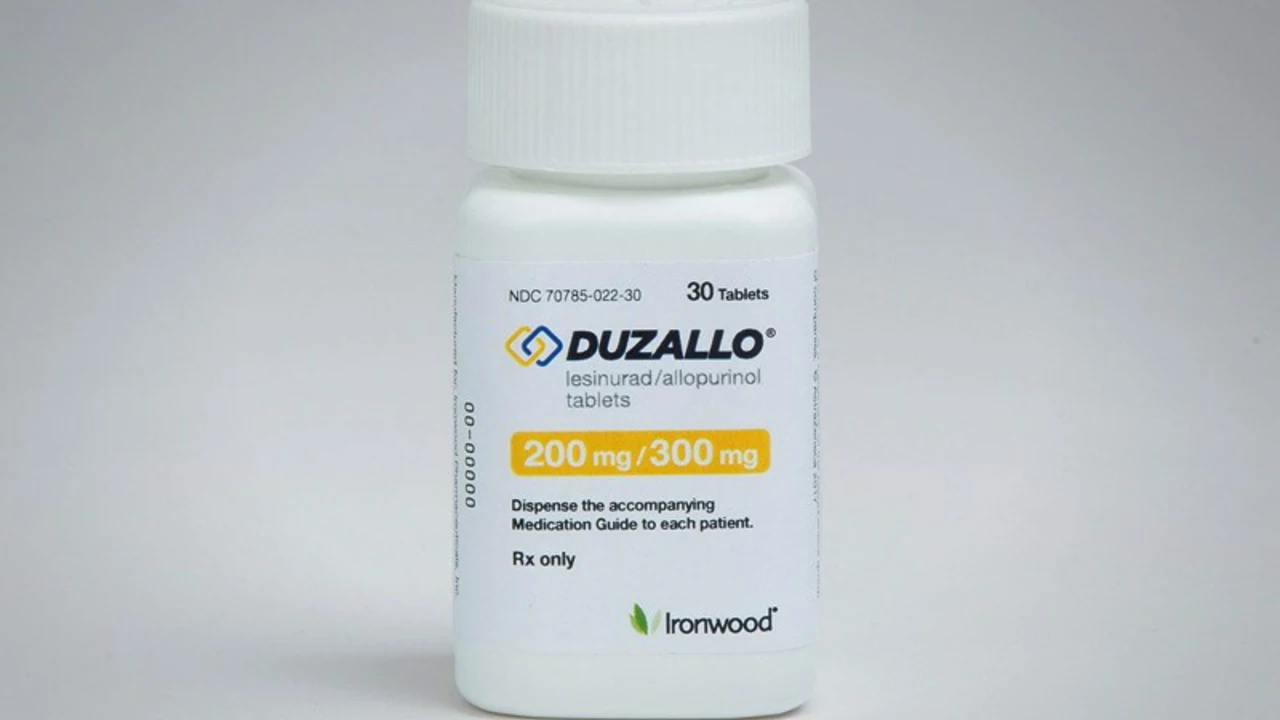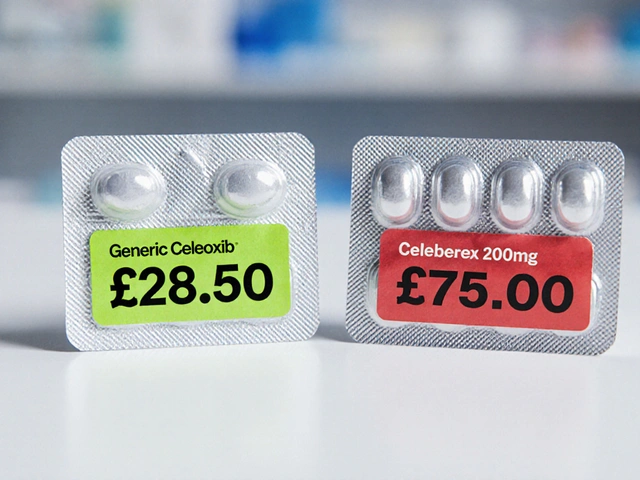Understanding Hyperuricemia and Diabetes
Hyperuricemia and diabetes are two health conditions that often go hand in hand. Hyperuricemia is a condition characterized by an excessive amount of uric acid in the blood, while diabetes is a chronic ailment affecting the body's ability to use sugar for energy. Both conditions are interconnected, with hyperuricemia often occurring in individuals with diabetes, particularly those with type 2 diabetes. This is because insulin resistance, a hallmark of type 2 diabetes, is associated with an increase in uric acid levels.
Managing both conditions simultaneously can be challenging, but not impossible. With the right treatment and lifestyle modifications, individuals with diabetes and hyperuricemia can lead healthy lives. One medication that has proven effective in this regard is Allopurinol.
What is Allopurinol?
Allopurinol is a medication that helps to reduce the levels of uric acid in the blood. It is primarily used to treat gout, a painful form of arthritis caused by the build-up of uric acid crystals in the joints. However, its ability to lower uric acid levels makes it beneficial for individuals with hyperuricemia and diabetes.
Allopurinol works by inhibiting the action of an enzyme called xanthine oxidase, which is responsible for the production of uric acid. By doing so, it helps to prevent the formation of uric acid crystals, thereby reducing the risk of gout and kidney stones – two conditions commonly associated with hyperuricemia.
Benefits of Allopurinol for Diabetic Patients
Several studies suggest that Allopurinol offers numerous benefits for diabetic patients with hyperuricemia. These benefits range from reducing the risk of cardiovascular diseases to improving kidney function. Since cardiovascular diseases and kidney problems are common complications of diabetes, using Allopurinol can help to improve the overall health outcomes of these individuals.
Furthermore, Allopurinol has been associated with improved insulin sensitivity in some diabetic patients. This means that their bodies become better at using insulin, thereby helping to control blood glucose levels more effectively.
Reducing the Risk of Cardiovascular Diseases
Diabetes increases the risk of cardiovascular diseases such as heart attacks and strokes. This is because high blood sugar levels can damage blood vessels and nerves that control the heart. Hyperuricemia further increases this risk. However, Allopurinol, by reducing uric acid levels, can help to lower this risk.
Several studies have shown that Allopurinol can reduce the risk of cardiovascular events in people with hyperuricemia. This is particularly important for individuals with diabetes, as they have a higher risk of these events.
Improving Kidney Function
Diabetes and hyperuricemia can both have a negative impact on kidney function. High blood sugar levels can damage the kidneys over time, leading to kidney disease. Similarly, high levels of uric acid can cause kidney stones and other kidney problems.
However, Allopurinol can help to protect the kidneys from this damage. By lowering uric acid levels, it reduces the risk of kidney stones and slows the progression of kidney disease. This is particularly beneficial for diabetic patients, who are at a higher risk of kidney problems.
Combining Allopurinol and Lifestyle Modifications
While Allopurinol can be a beneficial medication for diabetic patients with hyperuricemia, it is important to remember that it should be used in conjunction with other lifestyle modifications. This includes adopting a healthy diet, getting regular exercise, and maintaining a healthy weight.
By combining Allopurinol with these lifestyle modifications, diabetic patients can manage their blood sugar levels more effectively, reduce their risk of complications, and improve their overall health.




